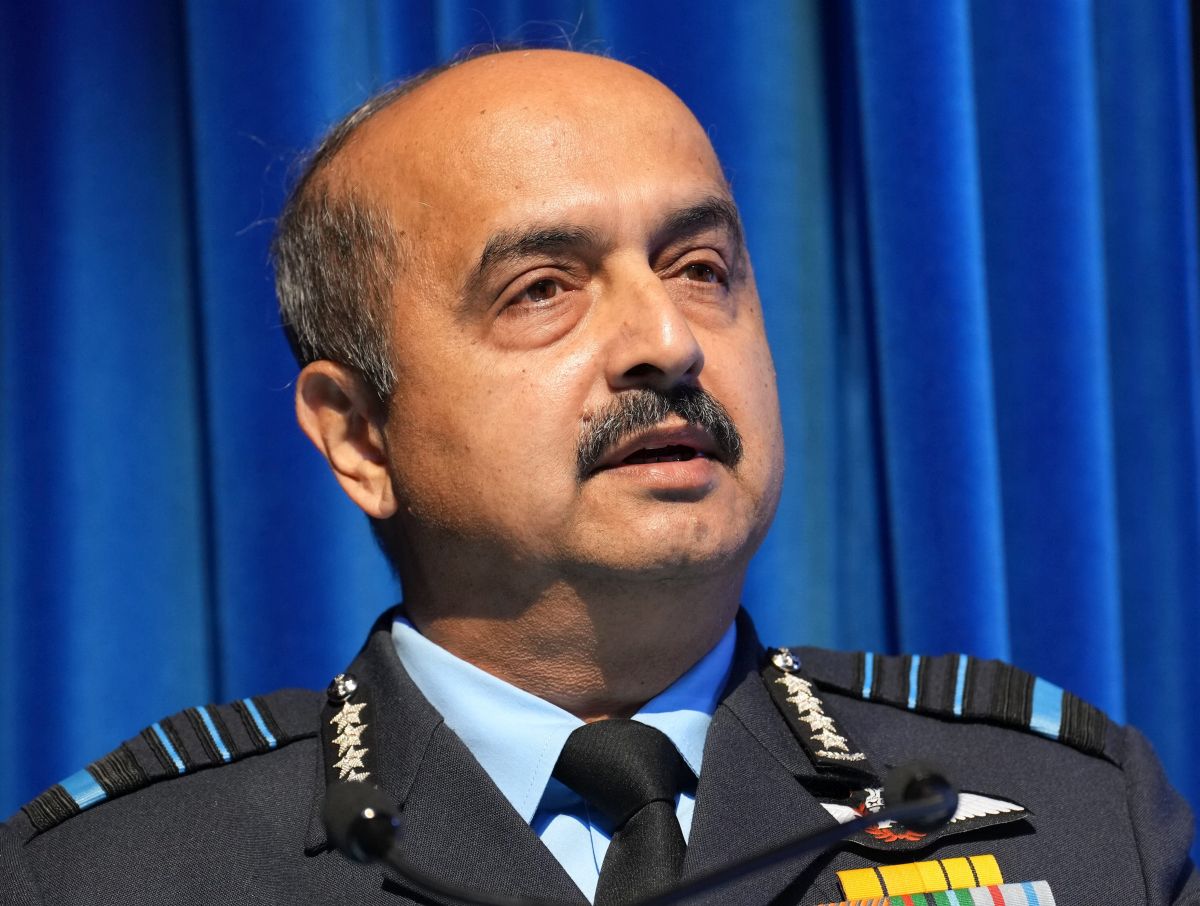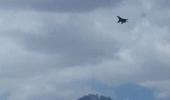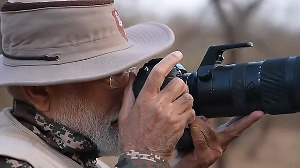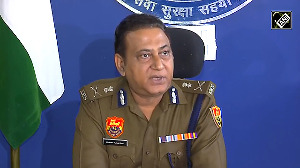The "critical deficiencies" of the Indian Air Force like shortage of fighter squadrons and force multipliers must be addressed on priority so that the force retains its combat edge, Air Chief Marshal VR Chaudhari said on Thursday, amid mounting concerns over China boosting its air power at a rapid pace.

In an address at a seminar, the Chief of the Air Staff said India's neighbourhood continues to remain volatile and uncertain and that the country must enhance its collective strength by partnering with nations which share common beliefs and values.
The comments by Air Chief Marshal Chaudhari came amid fresh tensions between India and China following a clash between their armies in the Tawang sector of Arunachal Pradesh on December 9 that was triggered by Chinese PLA's attempt to change the status quo in the Yangtse area.
There have been reports of China significantly modernising its air force and strengthening deployments of its air assets at major air bases close to the Line of Actual Control.
"There are certain critical deficiencies like shortage of fighter squadrons and force multipliers which must be addressed on priority to retain our combat edge," he said addressing the 19th Subroto Mukherjee seminar on the subject 'India's Eminence in the Emerging World Order'.
The Chief of Air Staff also asserted that there can be no soft power without adequate and credible hard power. "Only when our borders, airspace and coasts are secure will India flourish."
Delving into the evolving regional security matrix including the situation in Indo-Pacific, Air Chief Marshal Chaudhari said the "IAF will be expected to contribute across the full spectrum of conflict. Air power has the capability to deter, defend and if required punish the adversary in a conflict."
The number of fighter squadrons of the IAF is going down as several of them have been phased out in recent years while a number of others are due for number-plating (retirement) in the next few years that include the Jaguar fleet.
At present, the IAF has around 31 fighter squadrons against the sanctioned strength 42 fighter squadrons. Each squadron comprises around 18 jets.
In October, Air Chief Marshal Chaudhari acknowledged that his force would not be able to reach the sanctioned strength of 42 fighter squadron anytime soon, notwithstanding upcoming inductions.
"The Indian Air Force needs to evolve into an aerospace power and to do so, there is a need to develop the capability to fight and win tomorrow's wars," he said.
The IAF chief said that multi-domain operations and hybrid warfare are going to stay and "we must, therefore, realign and reform to keep pace with technology to remain relevant."
In his remarks, the IAF chief talked about India's neighbourhood remaining "volatile and uncertain".
"Amidst this volatility, we must enhance our collective strength by partnering with nations which share common beliefs and values. We must use our image as a stable country with considerable economic heft to forge mutually beneficial relationships and strategic partnerships," he said.
"It is essential that we retain our strategic autonomy and to do that, in my opinion, a strategy of balancing, as espoused by John Mearsheimer would be the way forward," he added.
Without directly naming China, the IAF chief also referred to that country's attempt to expand its influence in the Indo-Pacific saying an established regional power is challenging an established superpower, which is seen as an oblique reference to US-China competition in the region.
"When we look at the Indo-Pacific region, we see great power politics in play where an established super power is increasingly being challenged by an established regional power with global ambitions," he said.
"The outcome of this great power competition will have repercussions for all major players in the region. In the existing world order, where national interests and realpolitik dictate the actions of state players, there would always be an overlap between competition and cooperation," the IAF chief said.
He said a healthy competition has the potential for meaningful cooperation.
"Greater awareness of each other's concerns and aspirations is an essential building block for mutual trust and this needs to be our guiding principle. We must develop our own strategy to survive and thrive amidst this competition without losing sight of our long term objectives," the IAF chief said.
"This has been on display through India's balanced position at UN on the ongoing conflicts as well as its decision to act in its national interests regarding importing oil at best prices despite pressure from various quarters," he said about India continuing its import of crude oil from Russia amid the Ukraine conflict.
"The actions that we take today and the policies that we adopt will determine the trajectory of our position in the world order in the coming decades," he said.











 © 2025
© 2025